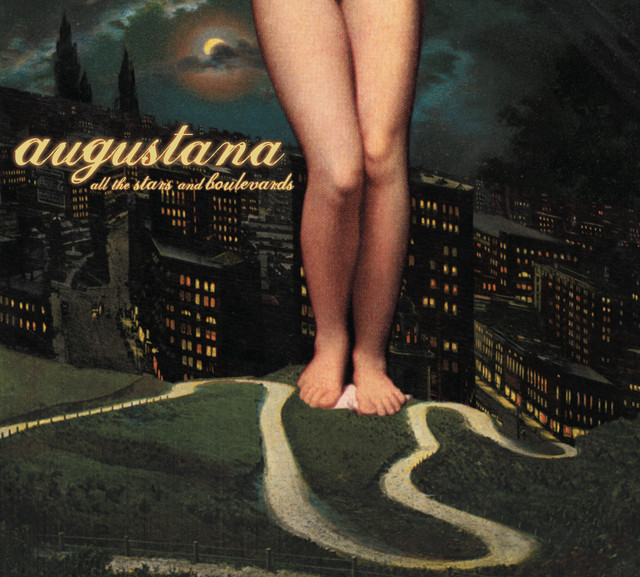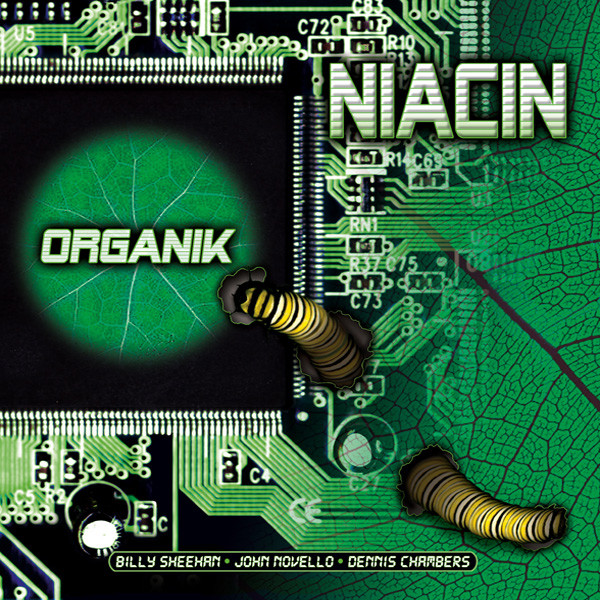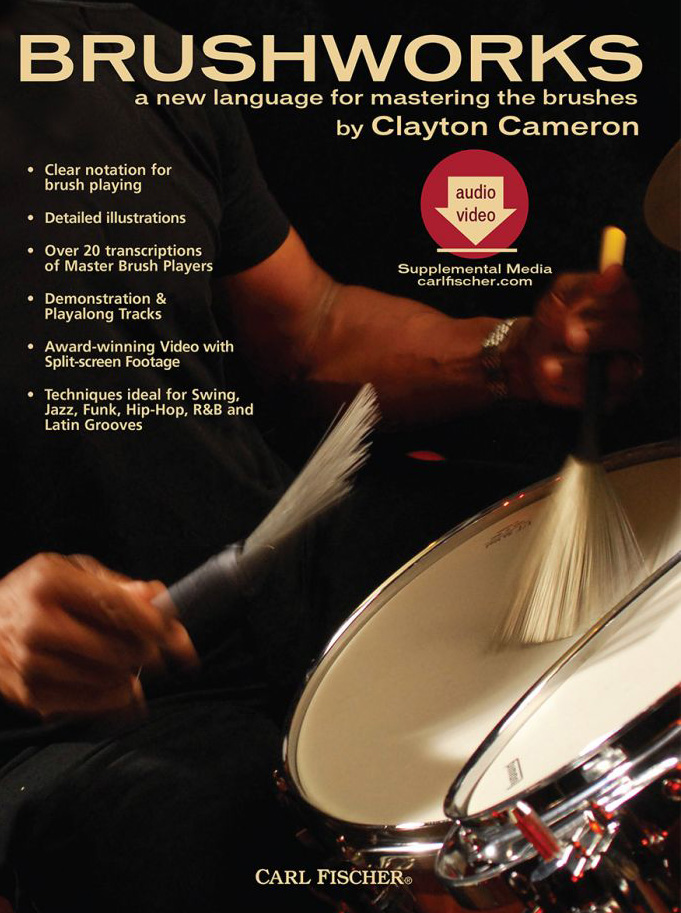Every month(ish), we recommend the most seriously awesome albums and tracks we had on repeat. We also read a book this time. And even tried to play jazz with brushes!

Franz Ferdinand
You Could Have It So Much Better
Music: Franz Ferdinand might have come together for the primary purpose of making girls dance, but the boys from Glascow got more than booties shaking when they released their self-titled debut album last year. Cookie-cutter bands everywhere quaked as the Scots effortlessly (even uninterestedly) conquered women and airwaves all across Europe and the States. A new era of music hip had begun, and fans loved Ferdinand for it. The boys’ tight pants, though, probably helped a bit.
Ferdinand returns with a disc that doesn’t fall to the sophomore curse. All the qualities that made the first album so refreshingly art-school-punk-cool—unique, prominent guitar parts, clever lyrics, and unusual melodies—are here, but the band stretches out a bit, assimilating more genres into their own style. Disco gets a new lease on life in “I’m Your Life,” and the standard, plaintive rock ballad becomes something you’ll actually want to hear in “Walk Away.” The Franz faithful should first check out “The Fallen”—which features one of the signature guitar licks that made “Take You Out” from the first album so infectious—and limber up the booty muscles for “Do You Want To.” Be prepared though: All the tunes feel a little more pop-radio friendly this time around. Or maybe pop-radio has now become a little more Franz friendly.
Great tunes aside, attitude is the most intriguing thing about Franz Ferdinand. The guys nearly named the new album the same as their first, changing only the color of the cover (can you imagine the ensuing confusion from purchasers and sellers alike—disorder, destruction, a new world order?), but they opted at the last minute for You Could Have It So Much Better. Is the title an ironic nod to their success? A sarcastic comment on the state of radio? Hmmm. The band steps back with a jaunty, haughty indifference that is, of course, very British but also just plain, well, smart. Buy their CD or not: They’ll still have a go playing pubs and wooing women and making better music than you could sell your soul for.
Drumming: Paul Thomson, billed as the “best drummer in Glasgow,” isn’t your Gavin- Harrison-shredder-type, but he lays down good, solid, song-oriented drumming. You’re not going to find any licks to woodshed for weeks on end, but you’ll spend plenty of time trying to play so good in time.
The Straight Poop: Maybe we could indeed have it so much better than Ferdinand’s new effort. But you’re not likely to hear a hipper album this coming year. Sit back, watch the girls dance, and accept your assimilation. If you need me, I’ll be in the bathroom, squeezing a rolled up a sock into my tight pants.

Augustana
Music: This 4-piece group was officially together for all of two weeks before getting signed. Listen to a song—any song—and you’ll hear why: big hooks, thick guitar-scapes, rich piano noodlings, introspective lyrics. Yes, these are in a sense pop tunes (pop in that they are going to be extremely popular) but by no means bubblegum: You won’t be ashamed if someone sees them on your iPod. Just about every track could be released as a single, but if you’re new to the band and are in a particularly melancholy mood, give “Boston” a listen.
Drumming: Justin South does own a ride cymbal, but it’s left abandoned and unloved on most of the record. He prefers instead the undefined wash of a big, ringy crash, and that’s cool with us: What’s in a ping anyway? The drumming here is all meat and potatoes—but it’s filet mignon and butter-soaked baked potatoes. Dig in.
The Straight Poop: On the opening track, “Mayfield,” lead singer Dan Layus plaintively wonders, “Are we gonna’ make it?” Smile, boys. There’s a whole country full of college girls who know you already have.

Niacin
Music: It’s been some time since we’ve had a bona fide drum god in our reviews. Light a candle, then, because Dennis Chambers is back and shredding with Niacin. The trio includes Billy Sheenan—who puts the word guitar in bass guitarist—and is completed by John Novello and his ridiculously hip Hammond B-3. The tunes are fast, loud, and so skillful that you’ll wonder how you’ve made it this far through life without them. The first cut is the aptly titled “Barbarian @ The Gate,” which knocks down your defenses (if you even had or wanted any) with a rapid flurry of tutti sixteenth-notes. Put on “No Shame” for a progressive funk fest that will clean out your system.
Drumming: The disc clocks in at 60 minutes: That gives Chambers enough time to bust out a couple hundred thousand notes. With his foot.
The Straight Poop: If great drum music is sex, then Organik is sex and a sandwich.

Clayton Cameron
Brushworks: The New Language for Playing Brushes
I had to chip away the dust from this gem of a book. It had long lain—forgotten or spurned—on our review shelves because we are an admittedly heavy-handed, tree-trunk-wielding bunch.
So we truly do understand what you’re thinking: “….Brushes?”
Now, don’t click away just yet, because we’re not going to give you the hard sell. It’s certainly possible to get away with being more of a brush bluffer than a brush player these days, but for those gigs when blast beats—or even some limp-wristed, tepid tapping with bundled rods—absolutely will not do, here’s how to shred on the softer side of drumming.
Clayton Cameron (a.k.a. Brush Master, King of the Brushes, Sir Brush-a-lot, and so on) guides you through all the delicate flutters and sensitive swirls. The book’s chapters move incrementally from the basics of holding brushes (there are eight different grips) to playing advanced and specialty strokes. Each brush movement is well diagrammed, and there are numerous examples that will test your skills. Once you’ve mastered the fundamentals, Chapter 7 offers up six solos—including the very challenging and syncopated “Just Duets”—for you to dazzle disbelievers with. And so that you know you are in good company, the final chapter breaks down the stylistic intricacies of brush (and drum) masters such as Papa Jo Jones, Max Roach, Art Blakey, and Elvin Jones.
For your listening and learning pleasure, the included CD features Cameron demonstrating 99 examples from the book, a few of which are extended songs and solos that will have you burning through brushes like you do with your trusty 2Bs. Comprehensive and learner-friendly, Brushworks is an altogether excellent way to discover drumming’s lost art.
And here’s the really cool part. Further confound the guitarists in your life by talking about a whole new set of brush-specific rudiments: the sweepalet, the sliddletap, the sliddlesweeptap, the parafriddle, the fleuruff, the flexamaque, and—my hands-down favorite—the enticingly scandalous parasliddlediddle.
Mmmm. Sounds dirty.
